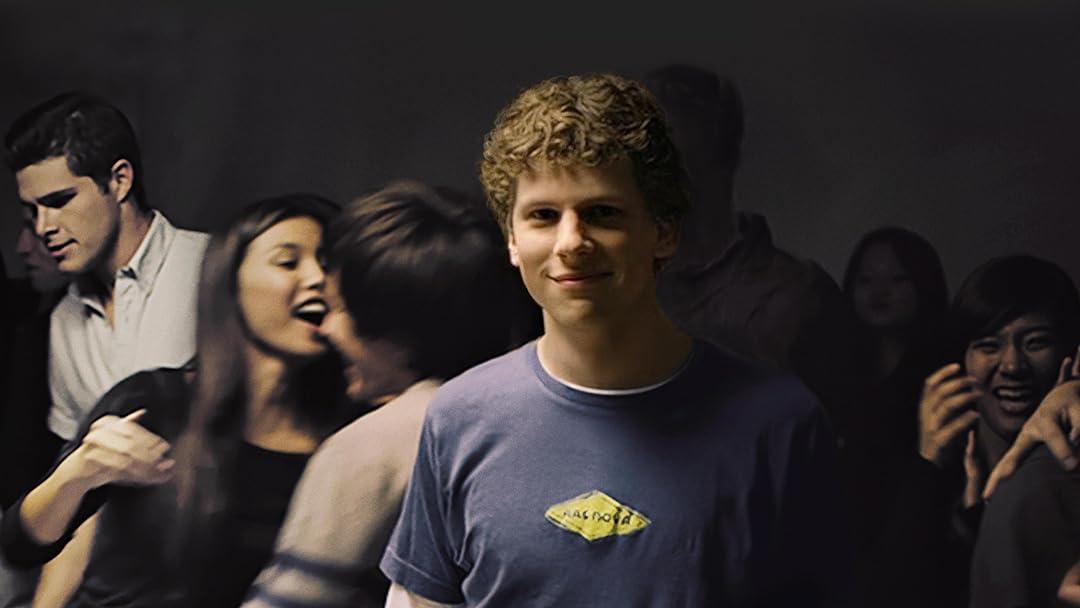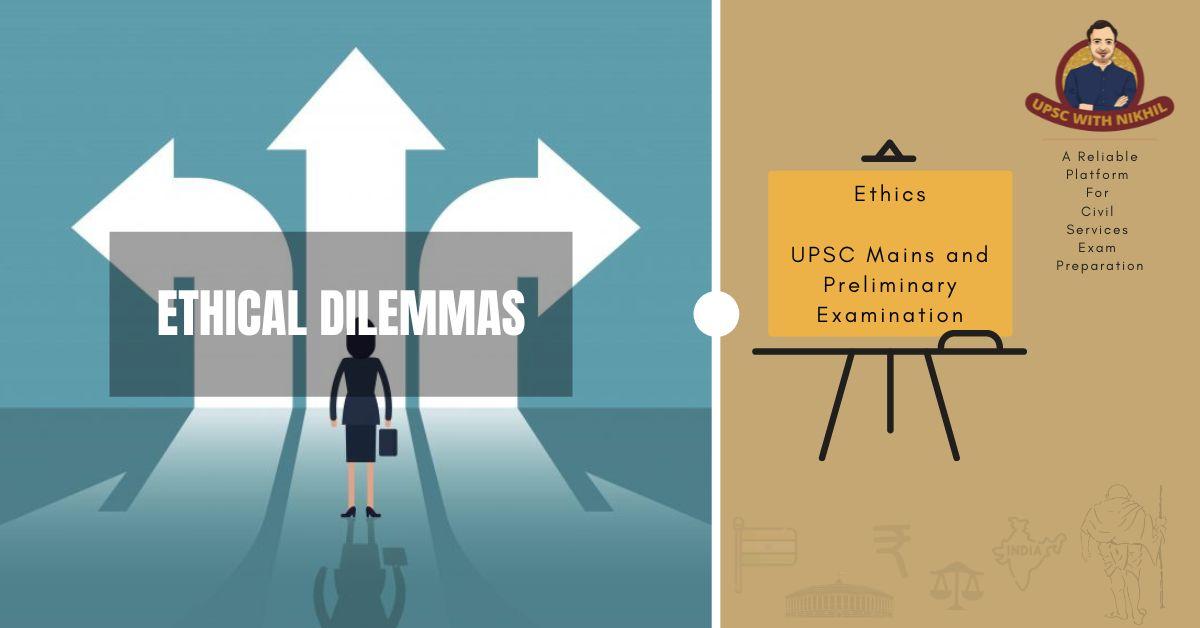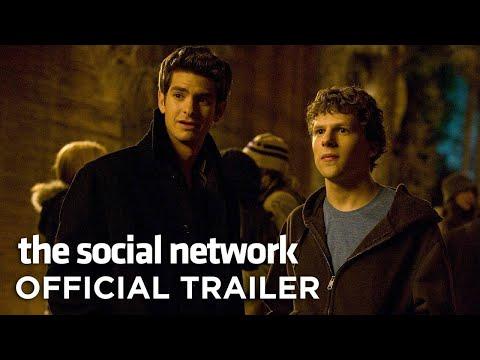In the realm of contemporary cinema, “The Social Network” stands out as a compelling exploration of ambition, innovation, and interpersonal dynamics. Directed by David Fincher and penned by Aaron Sorkin, the film offers a dramatized account of the founding of Facebook and the tumultuous relationships that defined its early years. At its core, the narrative is driven by a cast of complex characters, each embodying distinct facets of ambition, betrayal, and the quest for validation. This article delves into the intricacies of these characters, examining how their motivations, conflicts, and transformations not only propel the story forward but also offer a nuanced reflection of the broader themes of power and identity in the digital age. Through an analytical lens, we will dissect the character arcs of Mark Zuckerberg, Eduardo Saverin, Sean Parker, and others, uncovering the layers that contribute to the film’s enduring resonance and its commentary on the human condition in the context of technological advancement.
Character Motivations and Ambitions in David Fincher's Dark and Distinct Directorial Style”>The Social Network
The characters in The Social Network are driven by a complex web of motivations and ambitions that shape the narrative’s dynamic tension. Mark Zuckerberg, portrayed as a brilliant yet socially awkward Harvard student, is primarily motivated by a desire for acceptance and recognition. His ambition to create something groundbreaking is rooted in a profound need to prove his worth, both to himself and to those who have underestimated him. This desire for validation is juxtaposed against his often cold and calculating demeanor, creating a paradox that fuels much of the film’s conflict.
Eduardo Saverin, on the other hand, is driven by loyalty and a more traditional approach to success. His motivations are centered around maintaining the integrity of their friendship while navigating the business landscape. The contrast between Eduardo’s cautious ambition and Mark’s relentless drive highlights the divergent paths their characters take. Other key figures, such as Sean Parker, introduce elements of ambition tied to past failures and the lure of future success. Parker’s motivations are fueled by a desire to reclaim his status in the tech world, often prioritizing personal gain over ethical considerations. This intricate interplay of personal ambitions and motivations forms the backbone of the narrative, offering a nuanced exploration of the characters’ psyches.
- Mark Zuckerberg: Seeks recognition and validation.
- Eduardo Saverin: Values loyalty and integrity.
- Sean Parker: Driven by past failures and future success.

Exploring the Interpersonal Dynamics and Conflicts
At the heart of The Social Network lies a tapestry of intricate interpersonal dynamics that drive the narrative forward. Mark Zuckerberg, portrayed with an enigmatic blend of genius and social awkwardness, often finds himself at the epicenter of conflict. His interactions with Eduardo Saverin, the co-founder of Facebook, reveal a complex relationship marked by both camaraderie and betrayal. Their partnership begins with mutual ambition but soon devolves into a bitter legal battle, highlighting the fragile nature of trust when intertwined with the pursuit of success.
- Ambition vs. Friendship: The film explores how individual ambitions can overshadow personal relationships.
- Trust and Betrayal: Eduardo’s eventual exclusion from the company reflects the volatility of trust in high-stakes environments.
- Communication Breakdown: Misunderstandings and lack of communication further fuel the tensions between characters.
In contrast, the relationship between Mark and Sean Parker is one of mutual benefit yet underlying manipulation. Parker’s charismatic influence on Mark underscores the seductive power of visionaries who promise the world. However, this alliance is not without its pitfalls, as it introduces further complications and ultimately contributes to the widening rift between Mark and Eduardo. These dynamics collectively underscore the film’s portrayal of the tech industry as a realm where personal and professional boundaries blur, leading to inevitable conflicts.

The Role of Ethical Dilemmas in Character Development
Ethical dilemmas serve as a powerful catalyst for character development in “The Social Network,” offering profound insights into the motivations and moral struggles of the film’s complex characters. The narrative intricately weaves the professional ambitions and personal ethics of figures like Mark Zuckerberg and Eduardo Saverin, shedding light on the conflict between innovation and integrity. For instance, Zuckerberg’s decision to prioritize rapid growth and competitive advantage often clashes with ethical business practices, highlighting his internal conflict and shaping his evolution throughout the story.
The film also delves into how these dilemmas influence interpersonal relationships and decision-making. Consider Eduardo’s struggle to reconcile loyalty with the pressures of business ethics as he faces betrayal and manipulation. This not only underscores the tension between friendship and professional ambitions but also illustrates how ethical challenges can redefine one’s sense of identity and values. Through these moral quandaries, the characters are portrayed as multidimensional individuals, each navigating a landscape where personal and professional ethics are constantly at odds. These nuanced portrayals invite viewers to reflect on the broader implications of ethical decision-making in the digital age.

Recommendations for a Deeper Understanding of Character Complexity
- Explore the Protagonist’s Motivations: Delve into Mark Zuckerberg’s character by examining his driving forces. Is it ambition, a need for validation, or something deeper? Analyzing these aspects can provide insight into how his personal insecurities and aspirations shape his actions and relationships throughout the narrative.
- Analyze Relationship Dynamics: Focus on the interactions between Mark and Eduardo Saverin. Their evolving friendship and eventual fallout serve as a microcosm for the broader themes of loyalty, betrayal, and the personal cost of success. Consider how their differing values and priorities contribute to the complexity of their relationship.
- Consider Secondary Characters: Characters like Sean Parker and the Winklevoss twins play pivotal roles in driving the plot and influencing Mark’s decisions. Investigate how their unique perspectives and motivations add layers to the story, offering a multifaceted view of the social and business dynamics at play.
To truly grasp the depth of character complexity, it is essential to go beyond the surface-level actions and dialogue. Pay attention to non-verbal cues and the subtle shifts in tone and expression that reveal underlying tensions and emotions. The film’s meticulous attention to detail in portraying these elements offers a rich tapestry for analysis, allowing viewers to uncover the nuanced interplay of ambition, jealousy, and ethical ambiguity that defines these characters.
